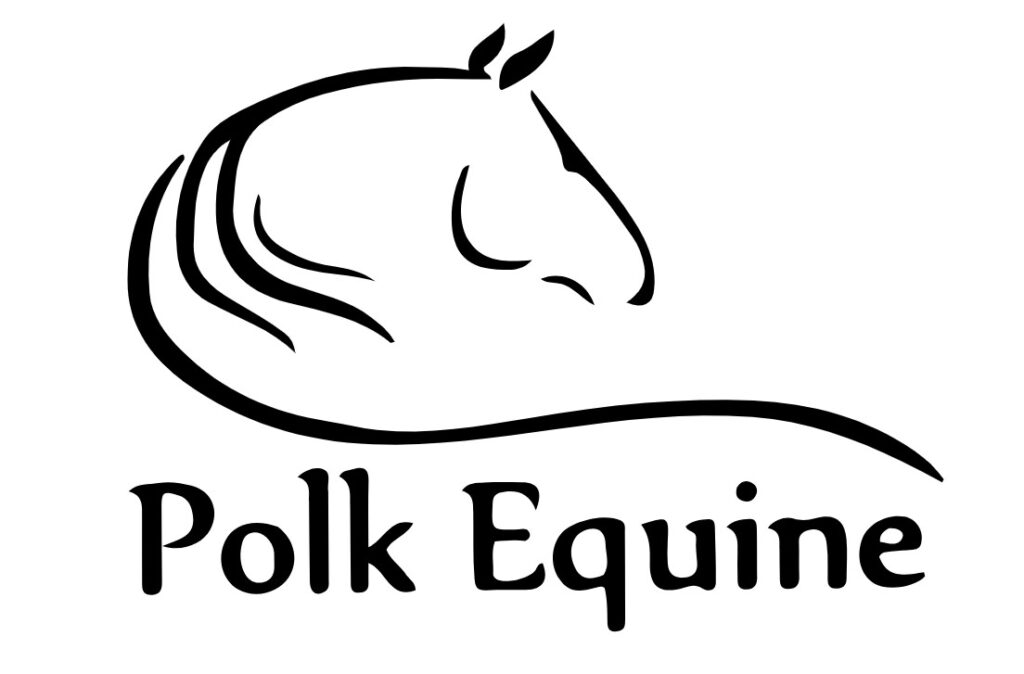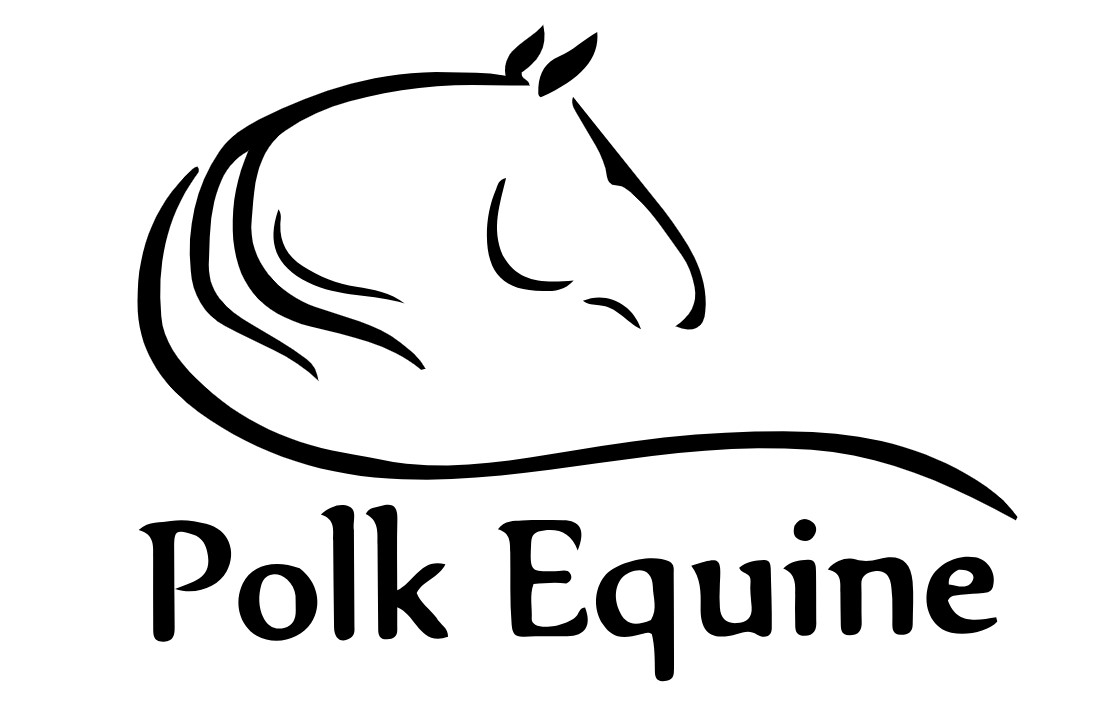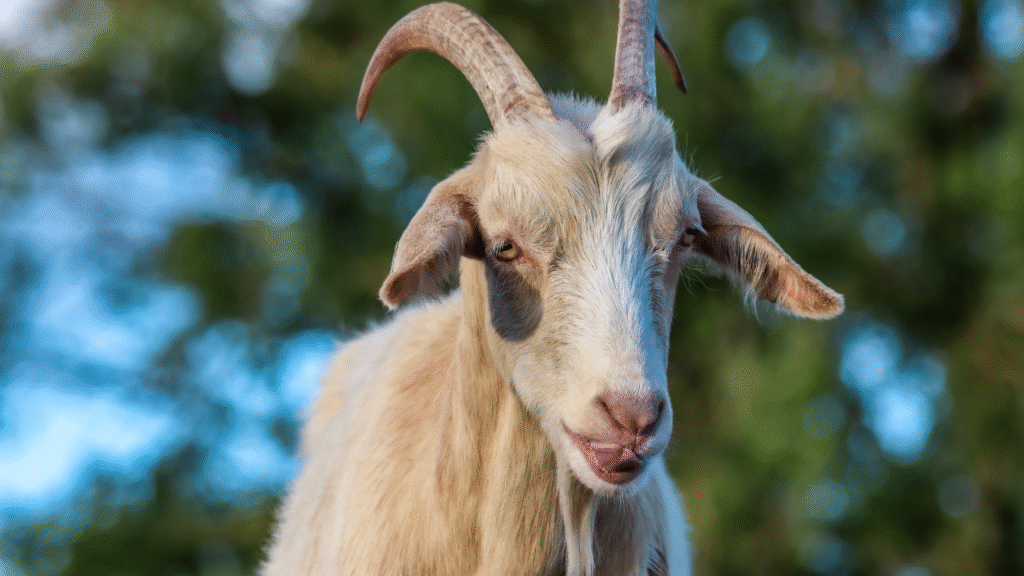When it comes to raising goats, few moments are as rewarding (or as nerve-wracking) as kidding season. A safe, smooth delivery for your does requires more than just crossing your fingers. Our veterinarian at Polk Equine performs pregnancy monitoring for goats across Polk County, Florida, and so this month, we are bringing you some things to think about when getting ready for kidding season with goats.
How Will I Know If My Goat Is Pregnant?
A successful breeding doesn’t always mean a confirmed pregnancy. Goats typically gestate for around 150 days, and signs of pregnancy can be subtle in the early weeks. A pregnant goat may exhibit signs like:
- Missed heat cycles
- Decreased appetite or mood changes
- Mild weight gain or belly rounding
- Udder development
- More cautious or docile behavior
For confirmation, a goat pregnancy ultrasound is a safe and reliable option, especially around 45 days post-breeding. Scheduling a veterinarian to confirm kidding status and detect potential issues is a smart investment for the health of your does.
Preparing for a Healthy Delivery
Goat births are often uneventful, but they can turn complicated quickly. Preparing in advance could save your animals.
Keep Records
Track breeding dates so you can estimate a due date window. With those dates in mind, you can anticipate kidding signs and intervene if needed.
Create a Clean, Dry Kidding Area
Whether you’re using a barn stall or pasture shelter, ensure the kidding space is sheltered, well-bedded, and draft-free. Sanitize the area before due dates approach.
Watch the Udder
Most does will begin to “bag up” (develop a full udder) before delivery. If this is your goat’s first pregnancy, likely this will happen very close to delivery.
Know the Signs of Labor
A goat going into labor may show:
- Restlessness or pawing at bedding
- Vocalizing more than usual
- Softening tail ligaments
- Discharge from vulva
- Frequent tail raising
- Frequent lying down/getting up
- “Hollowed” sides
- Visible contractions
Stock a Kidding Kit
Include clean towels, gloves, sterile lube, iodine, medical scissors, and a flashlight or headlamp for night births. Also, make sure you have a phone number for a goat veterinarian in your area that can be called in case of an emergency.
Veterinary Guidance for Kidding Season
Working with a veterinarian during kidding season increases your does’ chances of a healthy delivery. Set up a check to confirm pregnancy and get a full exam for your pregnant goat. If this is your first time kidding, an experienced goat veterinarian is a great resource for what to expect (and what dangerous symptoms to watch out for). When the vet comes to visit, ask them if they are on-call for delivery-related emergencies. If they’re not, likely they will know of a goat veterinarian in the area who will be able to help should your doe need assistance.
Goat Pregnancy Ultrasounds in Polk County, FL
Healthy kidding starts long before the first contraction. Be a support system for your does with the right planning and veterinary support. Polk Equine has pregnancy ultrasound and monitoring services for goats in Polk County, Lake Wales, Winter Haven, and neighboring Florida areas. If you are breeding your goats, contact Polk Equine to schedule a pregnancy check.




